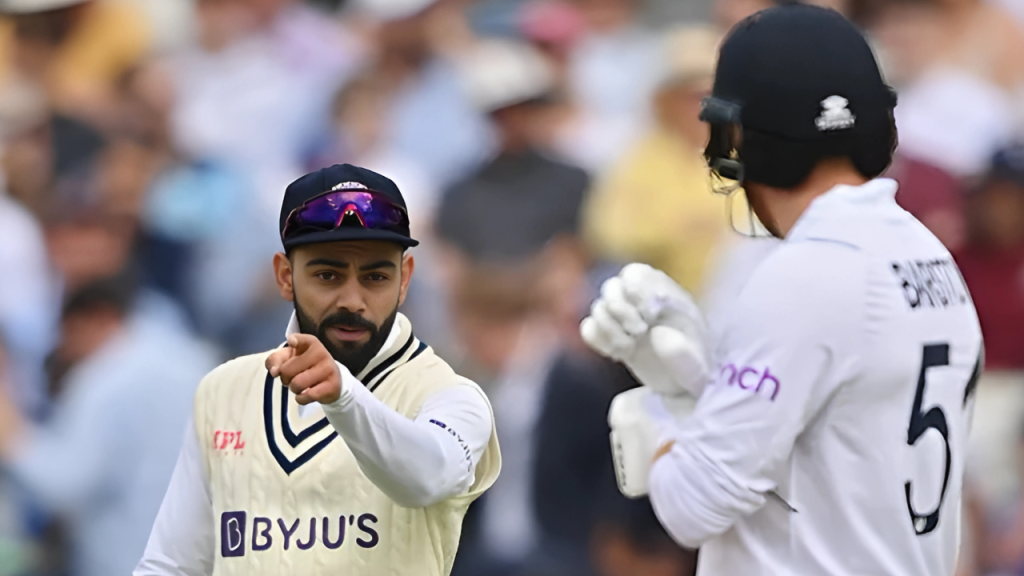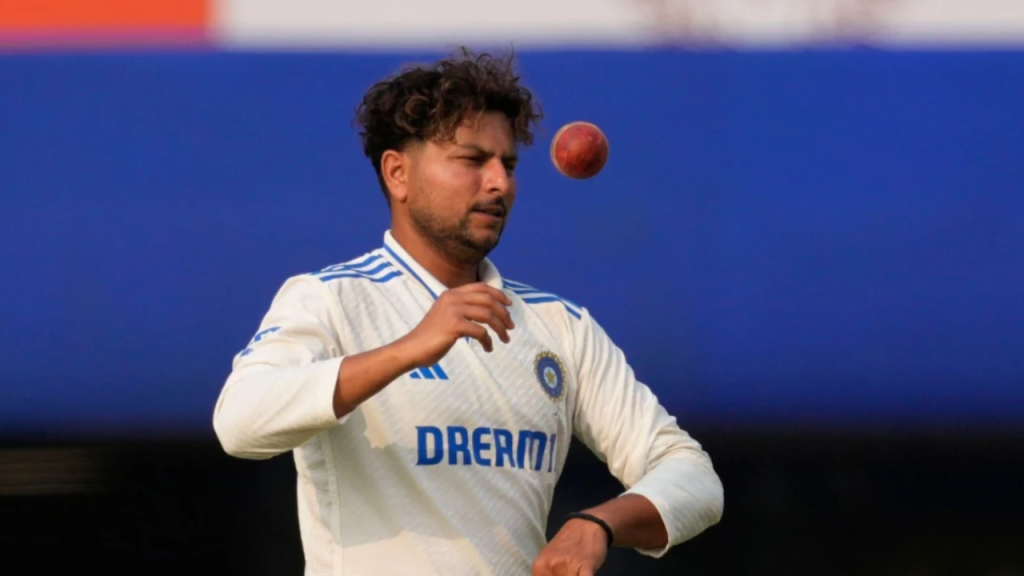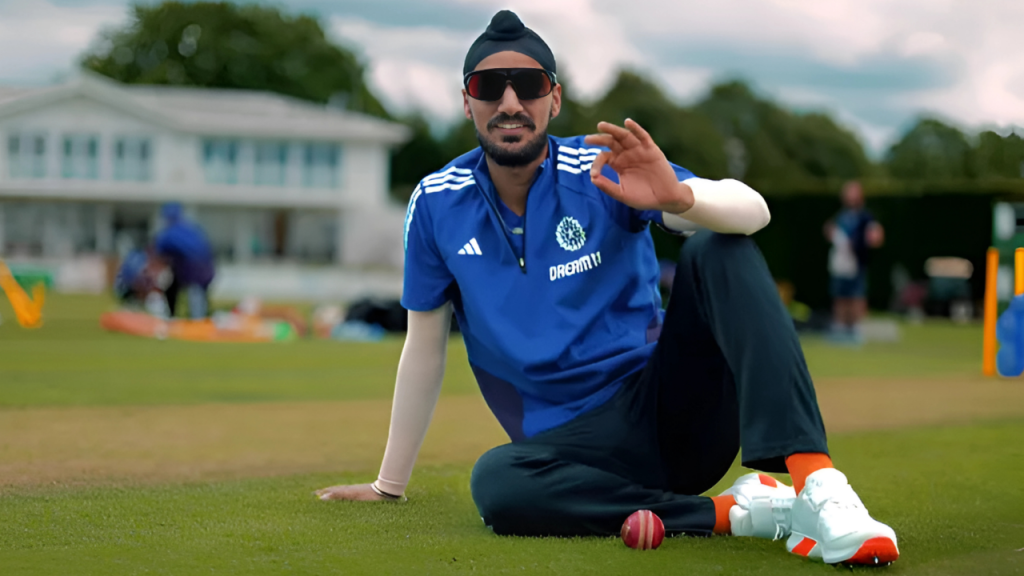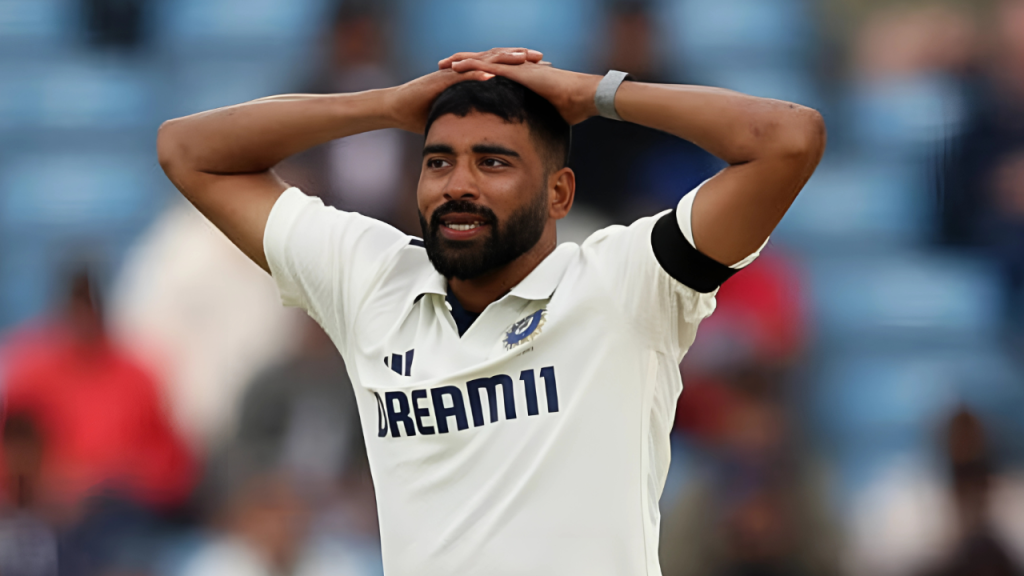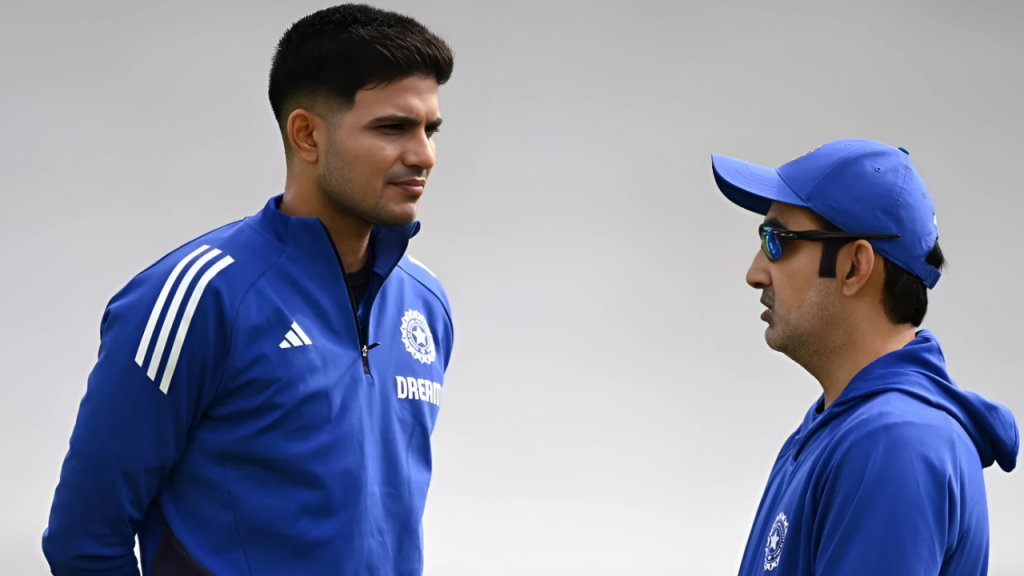The cricketing world was abuzz when reports surfaced about a significant rift between Shaheen Afridi, one of Pakistan’s premier fast bowlers, and the Pakistan Cricket Board (PCB). This discord, which came to light prominently in early 2024, has been a topic of intense discussion among fans, analysts, and former cricketers alike.
The Genesis of the Rift
The tension began with Shaheen Afridi’s removal from the T20I captaincy, a decision that was met with mixed reactions. The PCB, in a move aimed at ensuring the longevity and well-being of its players, especially fast bowlers, replaced Afridi with Babar Azam. This strategic shift was not just about leadership but was deeply rooted in the board’s desire to manage player workload and reduce injury risks, particularly highlighted by Afridi’s injury concerns leading up to previous World Cups.
Public and Internal Reactions
Following his demotion, Shaheen Afridi expressed his disappointment through various channels, including social media and interviews, where he felt sidelined in discussions regarding his captaincy. This public airing of grievances was unusual for Pakistani cricket, where internal matters are often kept under wraps. The PCB, in response, attempted to clarify their position through press releases, emphasizing the decision was for Afridi’s own good, aiming to preserve his bowling prowess for longer.
The Misconduct Allegations
The situation escalated when reports of Afridi’s alleged misconduct surfaced during the T20 World Cup 2024. Allegations included a non-cooperative attitude and a heated exchange with coach Mohammad Yousuf over bowling no-balls. These incidents were not just isolated; they were indicative of deeper issues within the team’s dynamics, possibly stemming from Afridi’s frustration over his demotion and perceived lack of communication from the PCB.
PCB’s Response and Public Sentiment
The PCB’s reaction was swift but measured. While there were calls for disciplinary action, the board seemed to tread carefully, aware of Afridi’s importance to the team. Public sentiment, as reflected on platforms like X, was divided. Some supported Afridi, feeling he was mistreated, while others criticized him for not handling the situation professionally, suggesting his actions could disrupt team harmony.
The Implications for Pakistani Cricket
This rift has broader implications for Pakistani cricket. It highlights the need for better communication channels between players and the board, ensuring that decisions affecting players’ careers are discussed transparently. The incident also brings to light the pressures of leadership and performance, especially in a cricket-crazed nation like Pakistan, where expectations are sky-high.
Looking Forward
As of August 2024, there’s been an uneasy truce, with both parties attempting to move forward. Shaheen Afridi, despite his reservations, has shown willingness to focus on cricket, indicating a pragmatic approach to his career’s next phase. The PCB, on its part, needs to address not just this incident but the underlying issues of player management, workload, and mental health, which are crucial for the sport’s future in Pakistan.
The Shaheen Afridi-PCB saga serves as a reminder of the complexities in sports management, where individual aspirations meet institutional decisions, often leading to public spectacles that affect the sport’s fabric. How this relationship evolves could set a precedent for how cricket boards worldwide handle their star players.
